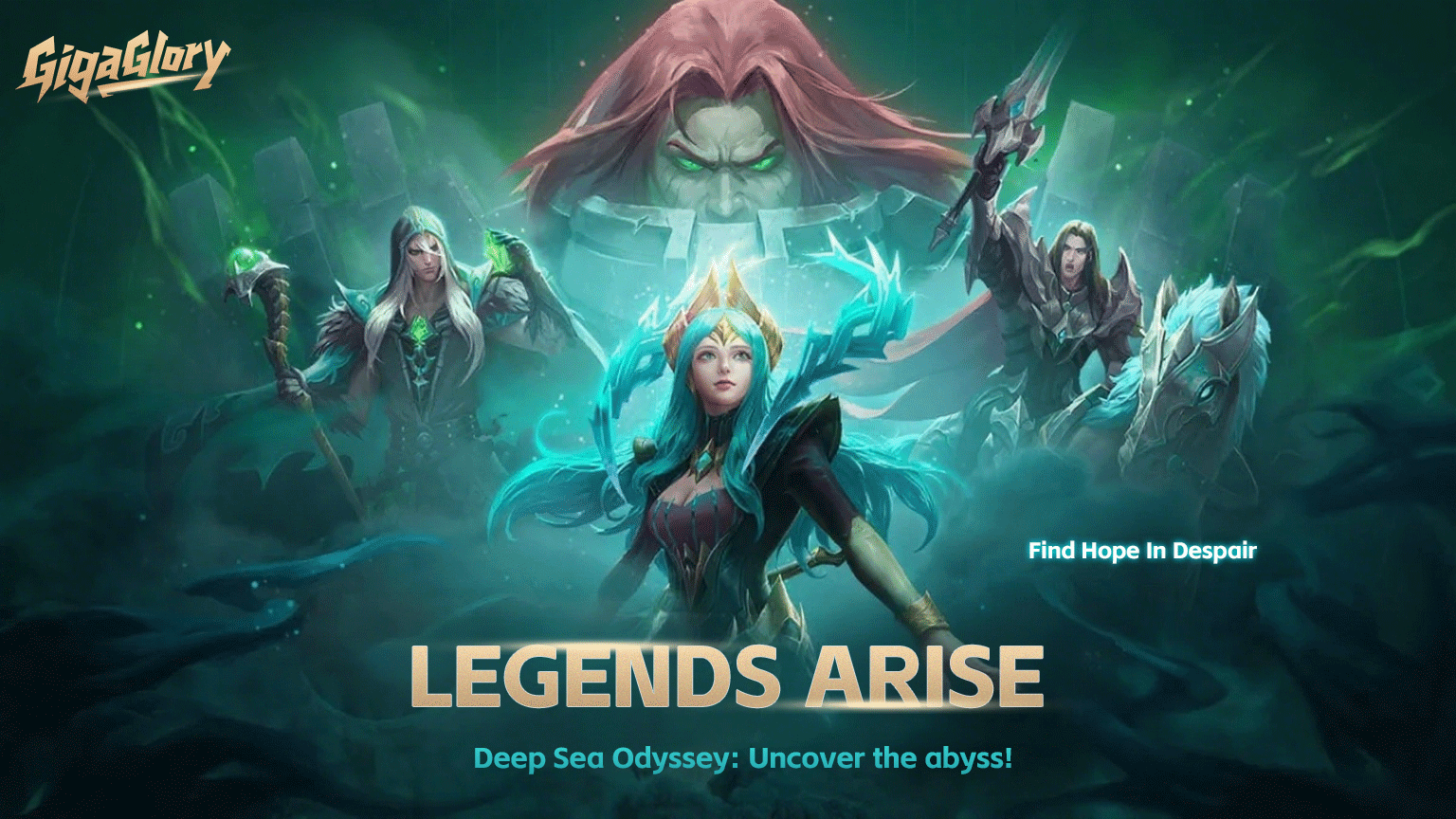Exploring the Limitless Realms: Why Open World Games Redefine the Gaming Experience
What Are Open World Games?
Open world games are a unique breed within the gaming universe. Unlike linear games that guide players through a specific path, open world games offer a massive playground, letting gamers roam freely. Examples include titles like "The Legend of Zelda: Breath of the Wild" and "Grand Theft Auto V".
The Engaging Nature of Open World Exploration
One of the biggest draws of open world games is the sheer thrill of exploration. Players are not confined to a pre-set route but can venture off the beaten path. This type of immersive gameplay creates a deeper connection to the game’s universe.
The Freedom to Choose
In open world titles, players can tackle missions at their leisure. Want to save the world? You can. Or, if you wish, you might want to engage in side quests, build a house, or even engage in simple social interactions with NPCs (Non-Playable Characters). The choice is entirely in your hands.
Why Do Players Love Open World Games?
- Immersion: Players feel they are part of the game world.
- Complexity: Multilayered narratives draw players deeper.
- Community: You can meet and collaborate with players worldwide.
Graphics and Sound: Setting the Scene
Graphics in open world games often push the boundaries of technology, providing a visually stunning experience. Coupled with exceptional sound design, players find themselves engrossed in the environment. From the rustling leaves to the bustling sounds of a city, these elements enhance the reality of the gameplay.
Innovations in Open World Games
The gaming industry is constantly finding ways to elevate open world experiences. From enhanced AI that affects NPC behavior to procedural generation that allows larger worlds, innovation is crucial to maintaining engagement. For example, "Minecraft" showcases how procedurally generated worlds can keep players returning for more.
Challenges in Development
While creating an open world is exciting, it is not without hurdles. Dev teams often face issues related to:
- World-building complexity
- Bug fixing due to vast elements
- Balancing player progression
How Open World Games Compare to Traditional Games
Traditional games, with their confined spaces and guided paths, lead players to a more straightforward gameplay experience. In contrast, open world games provide an ongoing challenge, with no singular ending.
The Role of Multiplayer in Open World Gaming
Multiplayer elements have significantly changed how we perceive gaming interactions. Games like "Fortnite" and "Rust" demonstrate the importance of player cooperation and competition.
The Future of Open World Games
As technology advances, so too does the potential for open world games. Virtual reality (VR) and augmented reality (AR) show promise in taking immersion to even greater heights, which could redefine how players experience gaming entirely.
Case Study: Clash of Clans Training
While not an open world game in the traditional sense, "Clash of Clans" incorporates elements of exploration and strategy. Players build their villages and train troops within a community-focused environment. This blend highlights the versatility of gaming genres.
Last Empire War Z Ads: Better than Game?
Marketing plays a critical role in driving player interest. "Last Empire War Z" has taken innovative paths in ads, capturing attention with thrilling visuals and engaging narratives. But can it hold a candle to the immersive experience of open world games? That's a discussion worth having!
Statistics on Open World Game Popularity
To further illustrate the point, consider the following table showcasing popular open world games and their user ratings:
| Game Title | Platform | User Rating |
|---|---|---|
| The Witcher 3 | PC, PS4, Xbox One | 9.5/10 |
| Red Dead Redemption 2 | PC, PS4, Xbox One | 9.6/10 |
| Cyberpunk 2077 | PC, PS4, Xbox One | 7.5/10 |
Key Takeaways
As we reflect on the world of open world games, several points stand out:
- Greater Player Control: Freedom is paramount.
- Innovations Keep Evolving: Technology is ever-changing.
- Player Interaction: Community is key to enjoying gameplay.
Conclusion
Open world games are not just a trend; they represent a shift in how we engage with digital spaces. With limitless possibilities, these games redefine player experience, pushing the boundaries of adventuring far beyond traditional gaming norms. Whether through mesmerizing graphics, engaging narratives, or spontaneous social interactions, the future of gaming is undoubtedly exciting, leaving us eager for what lies ahead. So, what are you waiting for? Dive into the expansive realms of open world games, and join the adventure today!



